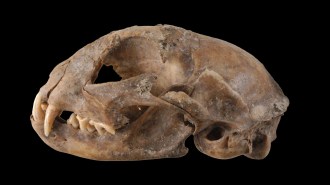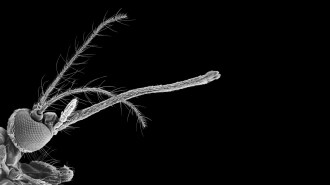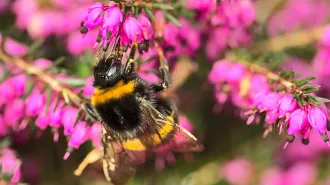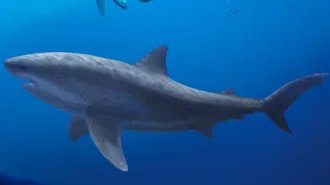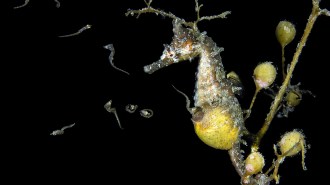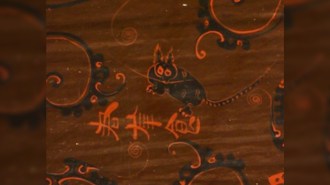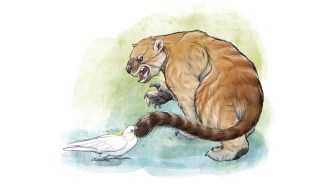‘Poached’ offers a deep, disturbing look into the illegal wildlife trade
A new book offers a firsthand account of the battle between traffickers and conservationists
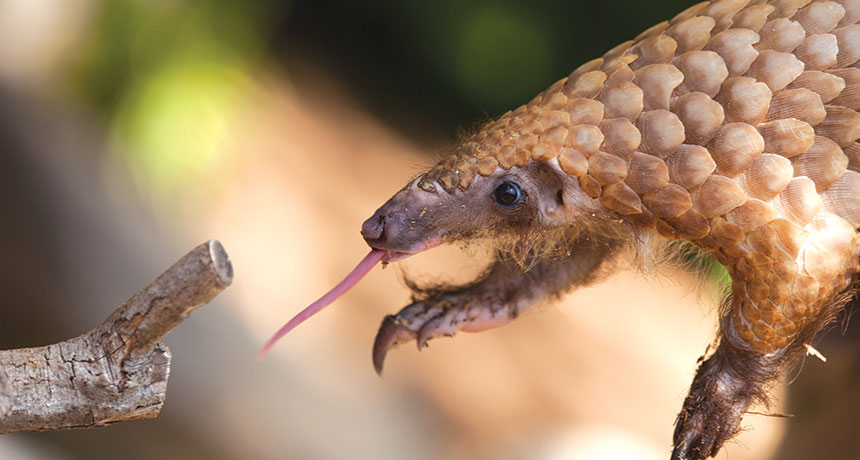
ILLEGAL ACTIVITIES Poaching of pangolins (one shown) and other protected wildlife should be treated like any other crime, a new book argues.
DarrenBradleyPhotography/iStockphoto
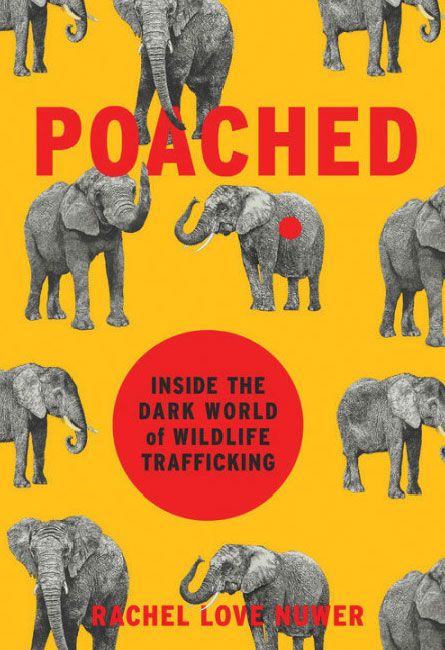 Poached
Poached